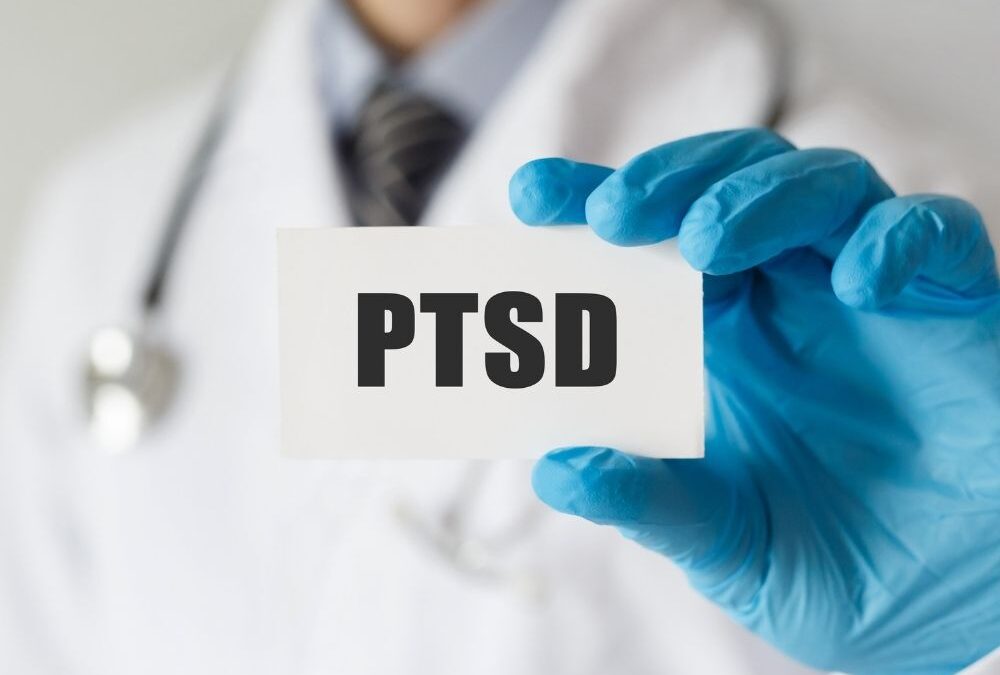People who experienced traumatic brain injuries are at a higher risk of developing other types of neurological diseases such as epilepsy, Parkinson’s disease, and dementia. In addition to these neurological diseases, it appears as though dementia and post-traumatic stress disorder are linked. There is always a risk of accident victims developing post-traumatic stress disorder. Post-traumatic stress disorder and traumatic brain injuries often go hand-in-hand. It only takes one devastating car accident, fire, or slip and fall accident to cause post-traumatic stress disorder symptoms.
PTSD is a Risk Factor for Dementia
A recent study in the British Journal of Psychiatry concluded that suffering a traumatic brain injury is a risk factor for developing dementia. Researchers searched 8,000 medical records from multiple countries and populations. The researchers selected participants who had been diagnosed with PTSD and who met the following additional criteria:
- The patient was diagnosed with PTSD using the following types of clinical diagnostic criteria: ICD-9 or ICD-10, DSM-III, DSM-IV or DSM-V or comparable
- The patient was diagnosed through a validated self-reported scale
- Patients with dementia were diagnosed based on clinical criteria, such as NINCDS-ADRA
Researchers concluded that a PTSD diagnosis is “an important and potentially modifiable risk factor for all-cause dementia. Meta-analyses showed that the risk of being diagnosed with dementia for individuals with a diagnosis of PTSD is 1.61-1.99 times the risk for those without a PTSD diagnosis.” Interestingly, the study found that the general population’s effects are greater than the effect on Veterans. Members of the general population have an increased risk of developing dementia at 111%, while veterans have a 61% increased risk of developing dementia after being diagnosed with PTSD.
The Link Between Post-Traumatic Stress Disorder and Dementia: Why Is This Study Important?
This study is informative because it shows that members of the general population diagnosed with PTSD are over twice as likely to develop dementia than those with no PTSD diagnosis. Some researchers have speculated that the likelihood of developing dementia is smaller in veterans than in the general population because veterans are more likely to receive treatment for their PTSD symptoms. If this theory is correct, it could indicate that receiving treatment for PTSD May decrease the likelihood that a patient will later develop dementia. Additionally, it could indicate that the severity of dementia-related PTSD can be decreased with targeted treatment.
Recovering Compensation After a TBI Injury
If you or your loved one has been diagnosed with a traumatic brain injury and experienced PTSD symptoms, you may be entitled to compensation. Researchers are only just beginning to uncover all of the consequences of PTSD and traumatic brain injuries. Recovering compensation through a personal injury lawsuit can help you and your family provide the care and treatment you need to decrease your risk of developing dementia or other neurological complications. Contact the experienced TBI lawyers at Griggs Injury Law today to schedule your free initial consultation.


